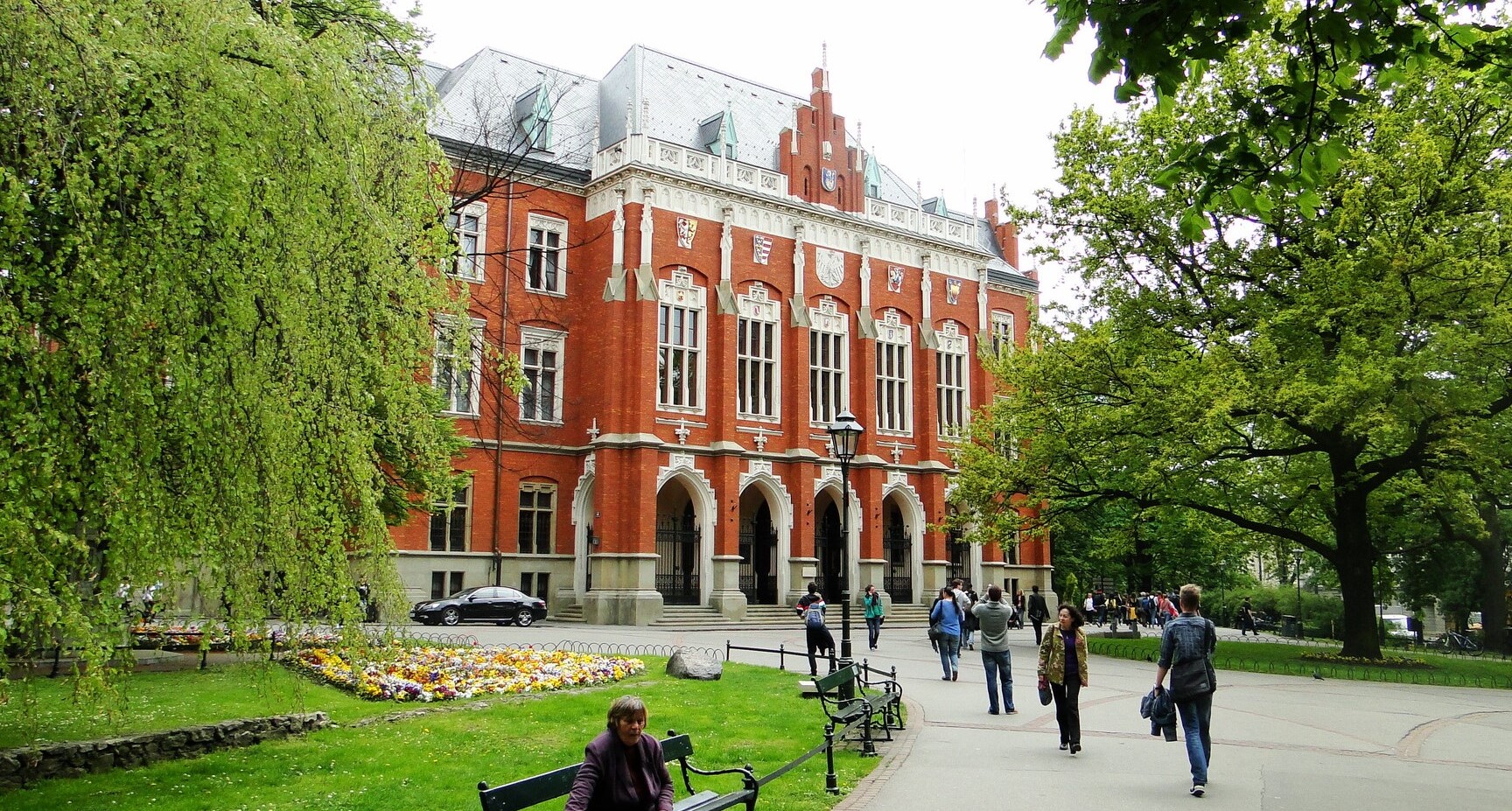Kraków looks abroad as student numbers fall by 40% in a decade

Kraków’s student population has shrunk by almost 40% in just over a decade. To stem the decline, the city – famous for its universities, in particular the 660-year-old Jagiellonian – is hoping to attract more students from abroad.
“At the peak, around 2012, 212,000 students studied in Kraków. Now there are only 133,000,” Stanisław Mazur, the city’s recently appointed deputy mayor, told the Gazeta Wyborcza newspaper.
W dekadę ubyło w Krakowie prawie 100 tys. studentów – alarmuje wiceprezydent Stanisław Mazur. Jeszcze w czerwcu zorganizuje w tej sprawie naradę z rektorami uczelni. Uważa, że trzeba wspólnie promować miasto, zwłaszcza wśród uczniów zagranicznych.https://t.co/vMTi0L35vT
— Małgorzata Kosińska (@GosiaNieciecka) June 3, 2024
Mazur, who before taking up his current post served as rector of the Kraków University of Economics, warned that declining student numbers have a negative knock-on effect on the city.
Kraków has attracted many international firms in recent years in large part thanks to its high number and quality of graduates. Those relatively well-paid employees in sectors such as IT, business services and research pay taxes and spend money in the city.
One reason often cited for the declining number of students is the rising cost of living – especially the cost of rent – in the city. Housing prices soared in particular after the influx of Ukrainian refugees in 2022.
Meanwhile, universities – which invested relatively little in dormitories when private rental prices were low – are able to offer only limited – and often low-quality – accommodation to students.
The cost of rent in Poland has risen 62% since 2015 – the fifth-fastest growth among @OECD countries – with a particular increase after the arrival of Ukrainian refugees.
Between 2015 to 2022, the average wage rose 24.5%, far lower than rental increases https://t.co/Ft3qzgNRF7
— Notes from Poland 🇵🇱 (@notesfrompoland) December 21, 2023
But Mazur also pointed to other factors: “first of all, demography.” Following a baby boom in the 1980s, Poland’s birth rate has declined significantly since the 1990s, leading to an ever-falling number of university-age people.
With births recently dropping to new record lows, that situation will not change anytime soon.
Data from Statistics Poland (GUS), a state agency, show that Poland’s overall student population declined by 27% between 2012 and 2022. Its figures for Kraków (which differ somewhat from Mazur’s) show that the city recorded a decline of 29% over that period.
The number of births in Poland last year was the lowest since WWII.
It was the 11th year in a row in which deaths have exceeded births. The country’s population has declined by almost one million over that period.
Read our full report here: https://t.co/UtzEbTitwd pic.twitter.com/JeIu81fjw8
— Notes from Poland 🇵🇱 (@notesfrompoland) February 1, 2024
Another reason, Mazur told Gazeta Wyborcza, is that “wealthy parents are increasingly sending their children to study abroad”.
Poland has seen one of Europe’s fastest economic growth rates over the last two decades, with wages and standard of living moving ever-closer to the EU average.
The deputy mayor also pointed to a third, less obvious, factor. While traditionally in Poland university degrees – and often master’s degrees – were required for many jobs, international firms now tend to place more emphasis on their own assessment of candidate’s skills rather than looking at their diplomas.
As a result, “it is becoming increasingly common for students not to complete their studies or even to give up on the idea of studying altogether,” says Mazur.
Poland’s top two universities have risen to their highest ever positions in the prestigious QS @WorldUniRanking.
The University of Warsaw and Jagiellonian University have broken into the global top 300 for the first time https://t.co/hC9WNjNF61
— Notes from Poland 🇵🇱 (@notesfrompoland) June 9, 2022
The deputy mayor told Gazeta Wyborcza that the city’s new authorities – led by mayor Aleksander Miszalski, who took office last month – have made addressing declining student numbers a priority. Mazur will meet with university rectors to discuss the issue this month.
He hopes to create a coalition between municipal authorities, universities and businesses that will work together to attract students to the city, including abroad. Last year, the number of foreign students in Poland passed 100,000 for the first time, making up 9% of all students.
“Like all large cities, we need foreign students, we need to attract talent, without them our economy will have a development problem,” Mazur told Gazeta Wyborcza. He called on universities and the city to jointly create a special centre providing support to international students.
The city also wants to make it easier for universities and private investors to construct new dormitories. The Polish government that took office in December last year – and is led by Miszalski’s Civic Platform (PO) party – has also offered financing for renovating dorms.
The number of foreign students in Poland has exceeded 100,000 for the first time.
The figure, now 105,400, has tripled in the last decade and almost 9% of all students in Poland are now from abroad https://t.co/XPYL0ExCh7
— Notes from Poland 🇵🇱 (@notesfrompoland) July 20, 2023
Notes from Poland is run by a small editorial team and published by an independent, non-profit foundation that is funded through donations from our readers. We cannot do what we do without your support.
Main image credit: Mateusz Giełczyński/Wikimedia Commons (under CC BY-SA 4.0)

Daniel Tilles is editor-in-chief of Notes from Poland. He has written on Polish affairs for a wide range of publications, including Foreign Policy, POLITICO Europe, EUobserver and Dziennik Gazeta Prawna.






